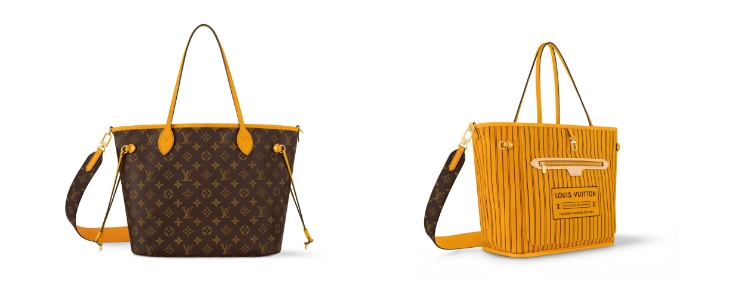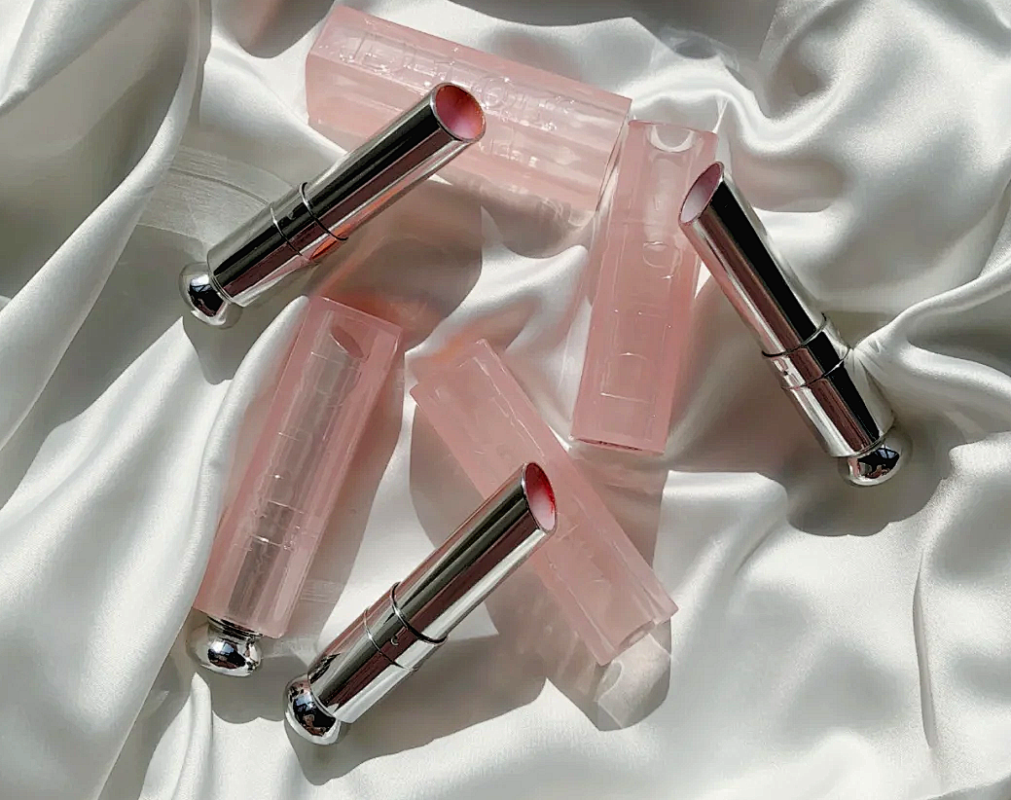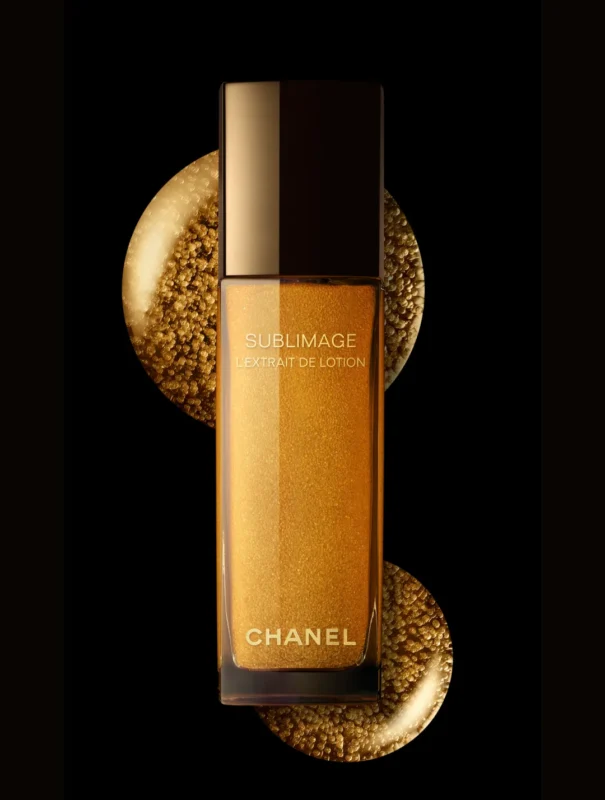Bloomberg luxury goods analyst Aitken said, “Hong Kong, Macau, and Japan are still the favorite shopping destinations for Chinese people, and the attractiveness of the weak yen is driving luxury consumption in Japan.” Recently, the yen exchange rate has continued to decline, and the renminbi has also set new highs against the yen.
In the past, due to high local luxury goods taxes, many Chinese consumers preferred to purchase luxury goods overseas, especially in Europe, because they could obtain good tax refund amounts locally, and the euro also provided a favorable exchange rate. But as Europe faces inflation issues after the pandemic, coupled with rising airfare prices, the cost of traveling to Europe is higher than before the pandemic. On the contrary, the cost of traveling to neighboring countries such as Japan and South Korea is relatively lower.
The WeChat official account “LADYMAX“, which focuses on fashion business, has posted that from the posts posted by Chinese consumers on Xiaohongshu, the completeness of goods and the shopping experience in stores are one of the reasons that attract them to buy luxury goods in Japan, in addition to low prices.
The article states that an increasing number of consumers are complaining about the difficulty of purchasing their desired luxury goods. “In addition to Hermes, which is widely recognized as needing to be stocked, when inquiring about popular products from brands such as Chanel, salespeople have also hinted that they need to purchase them together with other products. Some handbags from brands such as LV and Dior have been on the waiting list for several months.”.
As for why brands do this, the article explains that this is partly due to the brand’s control over scarcity. Simply put, it is to ensure that there is no “bad street” and avoid everyone being able to buy it. According to the Beijing Business Daily, the 2022 China Luxury Report released by Yaoke Research Institute in February last year showed that there were approximately 5 million high-end consumers in China with net assets of over 10 million yuan in 2022, contributing 82% of the luxury goods consumption market.
However, for consumers, such a high purchase threshold may shake their purchasing intention, and they may focus on overseas markets with more complete product reserves.
Some industry insiders also believe that for affluent consumers who do not have luxury stores locally, going to nearby overseas markets is not much different from going to first tier cities to purchase luxury goods, and their final purchase intention is likely to be affected due to travel reasons.


























